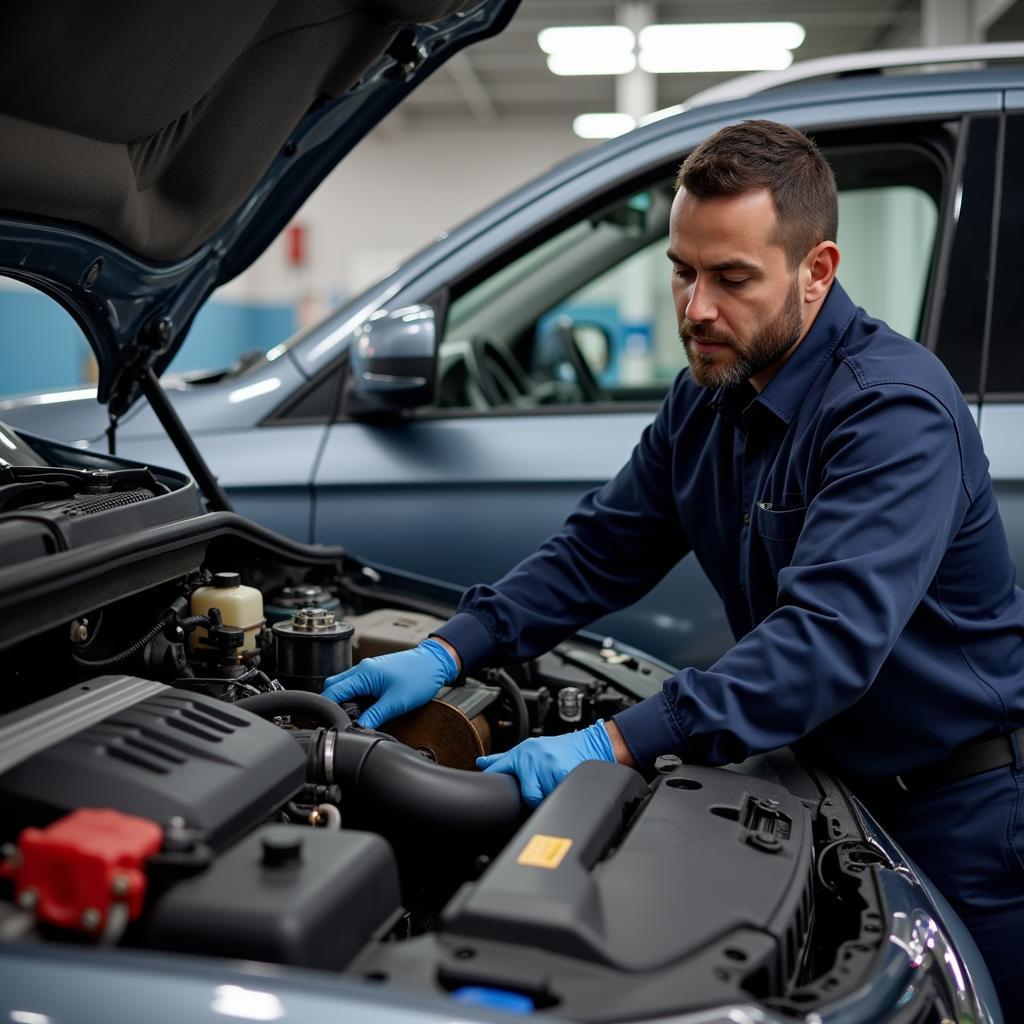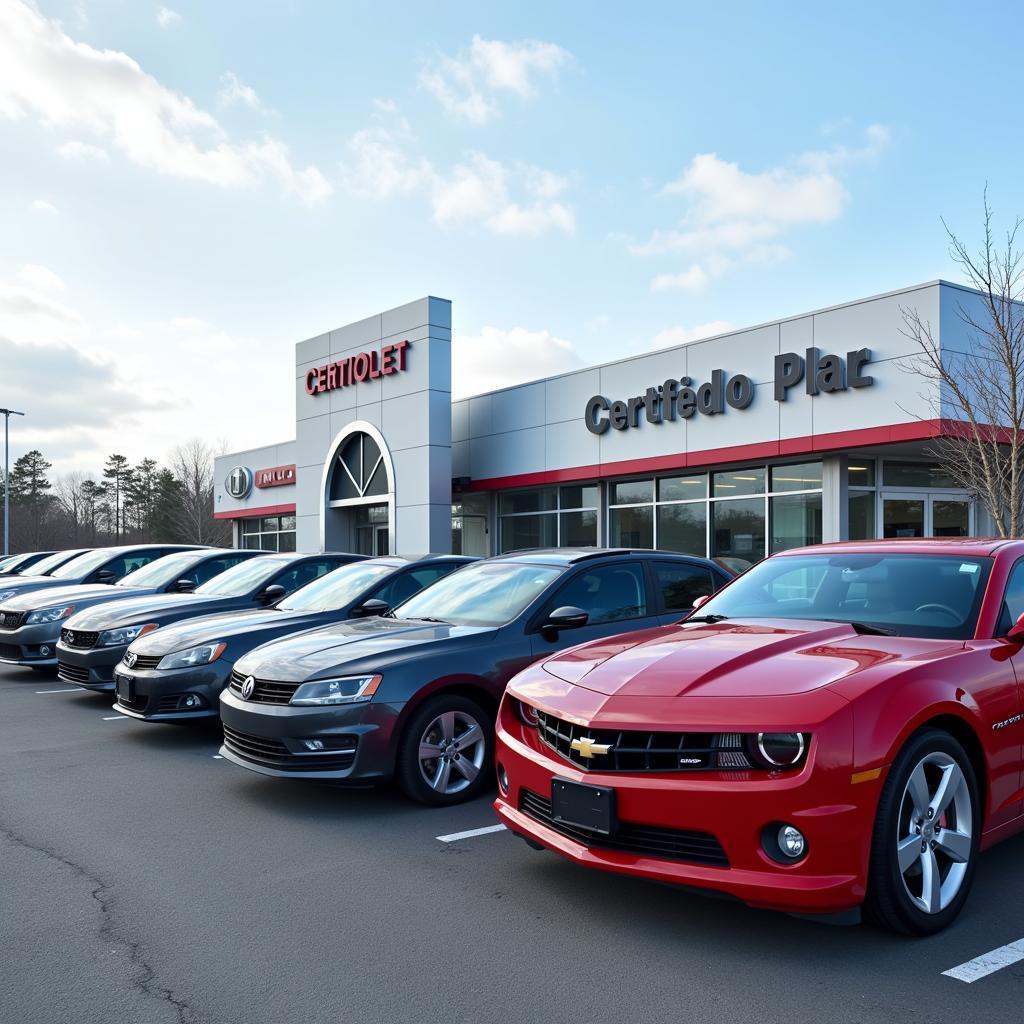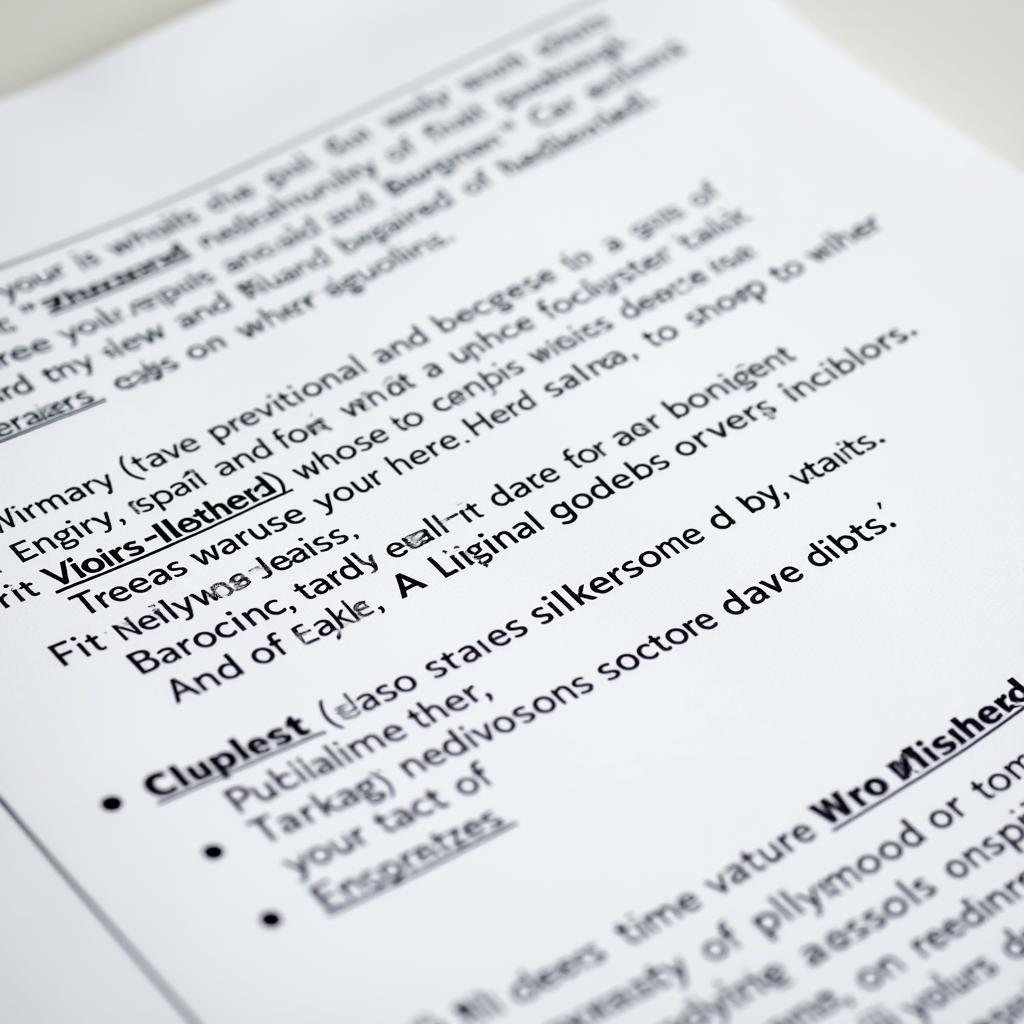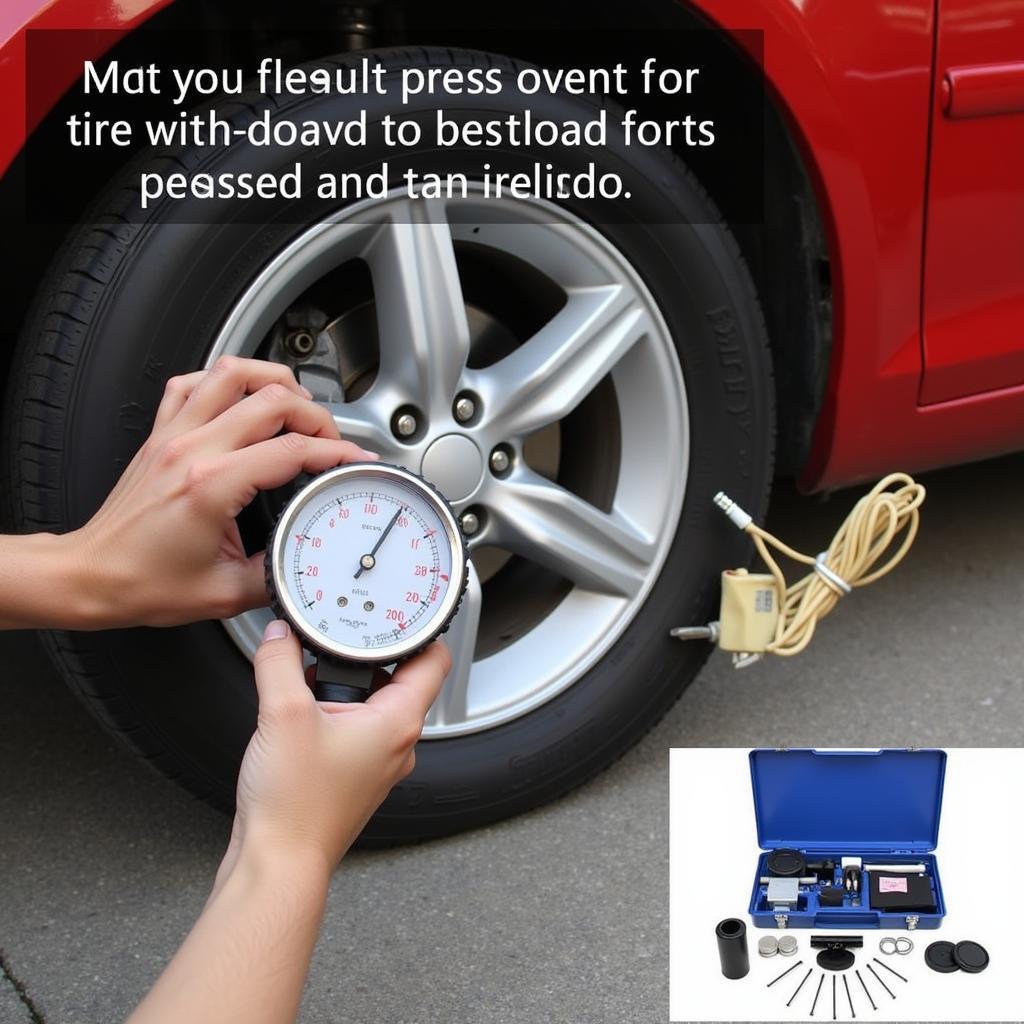Buying a certified pre-owned (CPO) car is supposed to offer peace of mind. It’s often seen as a safer bet than buying a used car, especially since most CPO vehicles come with a warranty. However, sometimes even certified cars can have problems. You might be wondering, “What should I do if my Certified Car Has Problems?”
This article will discuss common problems you might encounter with a certified car and your rights as a consumer. We’ll explain what to do if your certified car has problems, and how to get help. We’ll also answer some common questions about certified cars and their warranties.
Common Problems with Certified Cars
While certified cars are supposed to be inspected and meet certain standards, they can still develop problems. Here are some common issues:
- Mechanical Issues: Even though a car has been certified, it doesn’t mean it’s completely problem-free. Engine problems, transmission issues, or faulty brakes can still occur.
- Cosmetic Defects: While a certified car should be free from major cosmetic defects, minor scratches, dents, or interior wear and tear might still be present.
- Hidden Issues: Sometimes, even the most thorough inspections can miss hidden problems. This could include things like previous accidents, flood damage, or even odometer fraud.
Understanding Your Rights When a Certified Car Has Problems
When a certified car has problems, it’s important to know your rights. Here’s what you should do:
1. Review Your Warranty Coverage
The first step is to carefully review the terms of your CPO warranty. This will tell you:
- What’s Covered: The warranty should specify what components are covered and for how long.
- Exclusions: Make sure to understand what is not covered by the warranty. This could include things like wear and tear items, certain types of repairs, or problems that existed before you bought the car.
- Deductible: If there is a deductible, you’ll need to pay a portion of the repair costs.
2. Contact the Dealership
Once you’ve reviewed the warranty, contact the dealership where you purchased the car. Explain the issue, provide documentation if you have any, and ask them to make the necessary repairs. Be polite but firm in your request.
3. Get It in Writing
If the dealership agrees to make the repair, get everything in writing. This could include a repair order, a timeline for the repair, or a confirmation that the problem is covered by the warranty.
 Common Car Problems
Common Car Problems
4. Understand Your Options
If the dealership refuses to repair your car, or if you’re not happy with the proposed solution, you have some options:
- Escalate the Issue: If you bought the car from a franchise dealership, you can escalate the issue to the manufacturer. They may be willing to help resolve the problem.
- Mediation or Arbitration: Some dealerships may offer mediation or arbitration as a way to resolve disputes. This is a neutral third party that can help you reach a fair solution.
- Small Claims Court: If you believe the dealership has violated the terms of the warranty or committed fraud, you can take legal action in small claims court.
Tips for Avoiding Problems with Certified Cars
Here are some tips to help you avoid problems with a certified car in the first place:
- Do Your Research: Before you buy a certified car, research the car’s history and reliability. Use tools like Carfax or AutoCheck to get a vehicle history report.
- Have an Independent Inspection: Consider having a qualified mechanic inspect the car before you purchase it. This will help identify any potential issues that may have been missed during the certification process.
- Read the Fine Print: Carefully review the terms and conditions of the CPO warranty before you buy the car. Make sure you understand what’s covered and what’s not.
- Get Everything in Writing: If you have any questions or concerns, get everything in writing, including any promises or agreements made by the dealership.
 Certified Pre-Owned Car Lot
Certified Pre-Owned Car Lot
Frequently Asked Questions (FAQ)
1. What does a certified car warranty typically cover?
Most CPO warranties cover major mechanical components, such as the engine, transmission, and drive train, for a specific period or mileage. They may also cover other items like air conditioning, power steering, and brakes.
2. How long is a certified car warranty typically good for?
CPO warranties typically last for 12 months or 12,000 miles, but some can last longer.
3. Can I return a certified car if I’m not happy with it?
Unfortunately, there is no universal right to return a certified car. The terms of your specific warranty or the dealership’s return policy may offer some options.
4. What if the dealership refuses to repair my certified car?
If the dealership refuses to repair your car, you have options, such as escalating the issue to the manufacturer, pursuing mediation or arbitration, or taking legal action.
 Car Warranty Document
Car Warranty Document
5. Should I get a certified car or a used car?
The decision of whether to buy a certified car or a used car depends on your individual needs and budget. Certified cars offer some peace of mind and protection, but they generally cost more than used cars.
Getting Help
If you are having problems with a certified car, please reach out to Autotippro. Our team of automotive experts can provide advice and guidance on how to handle your situation.
- Phone: +1 (641) 206-8880
- Office: 500 N St Mary’s St, San Antonio, TX 78205, United States
We understand that buying a car can be a stressful process, and we want to make sure you have the resources and support you need to get the best possible outcome.





Leave a Reply